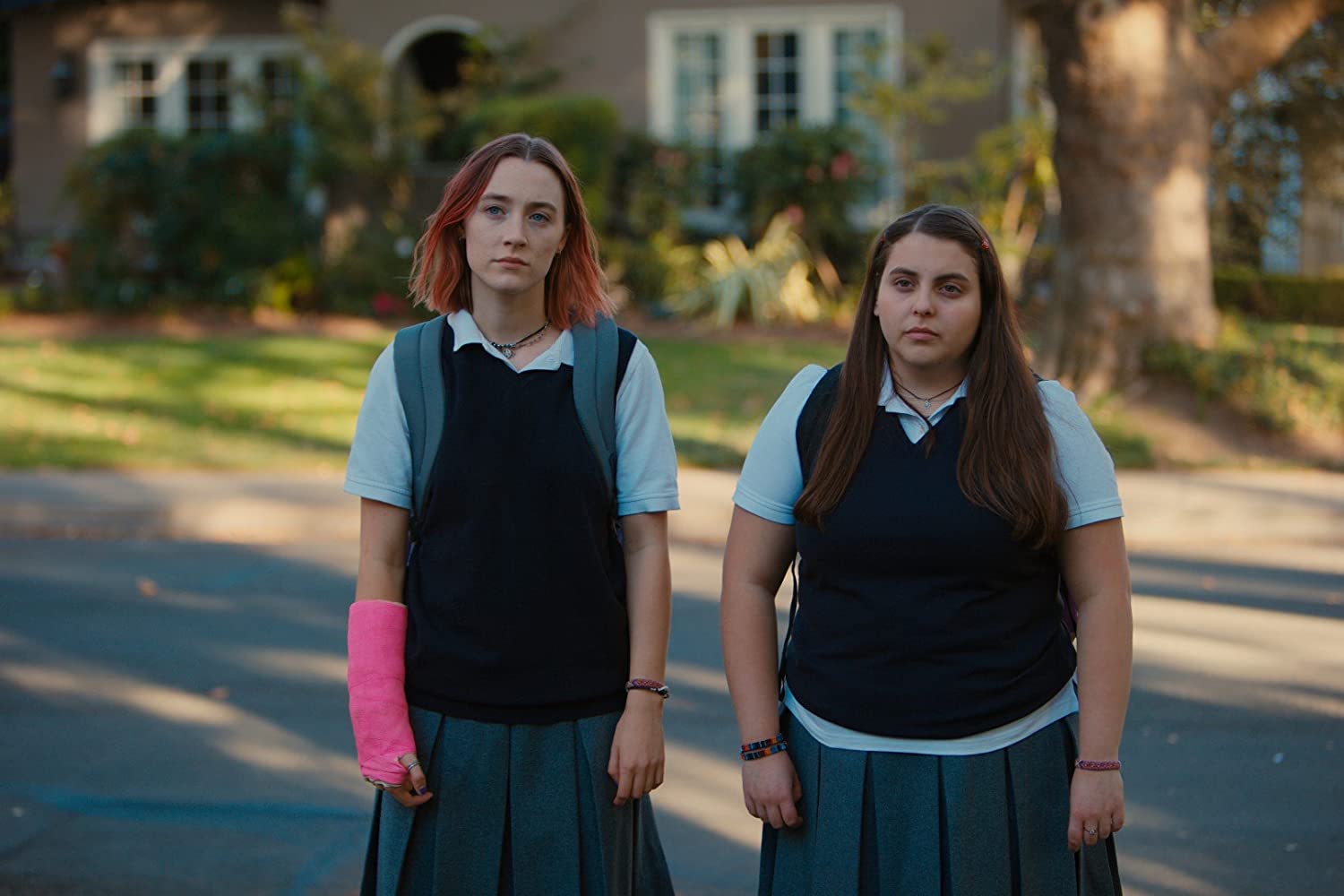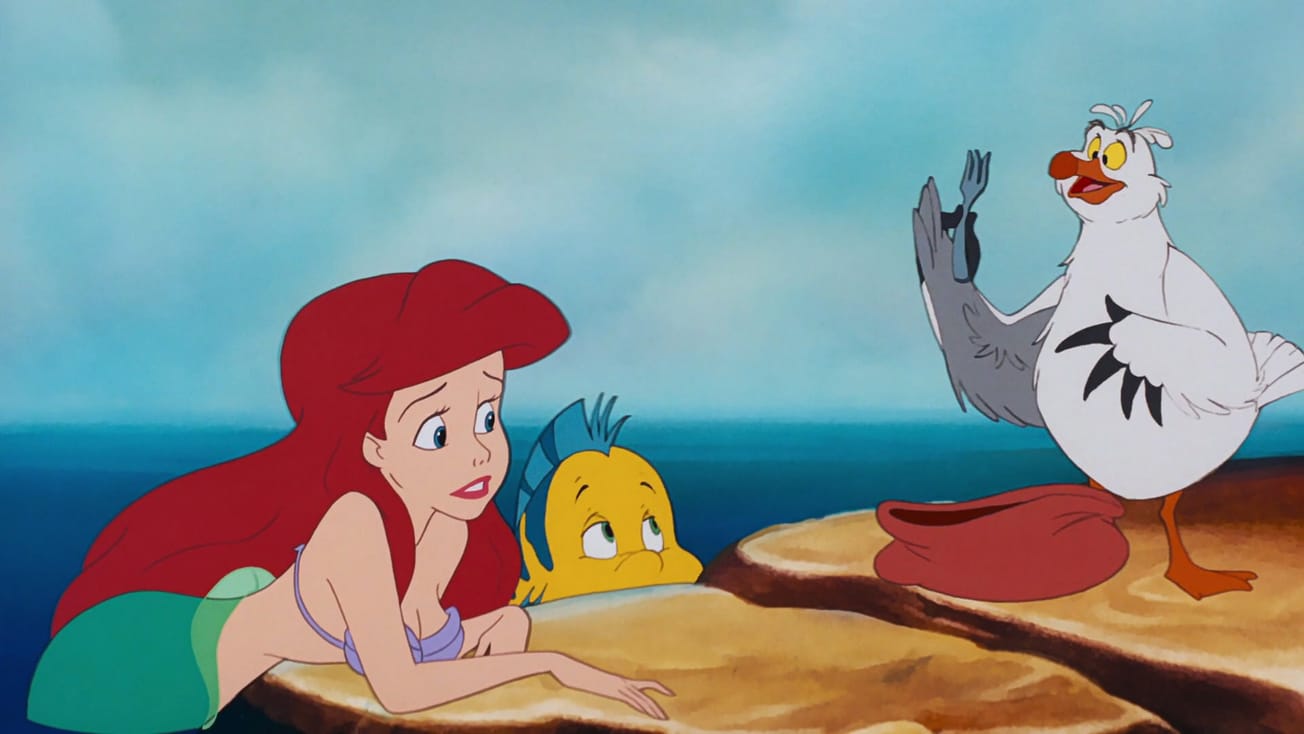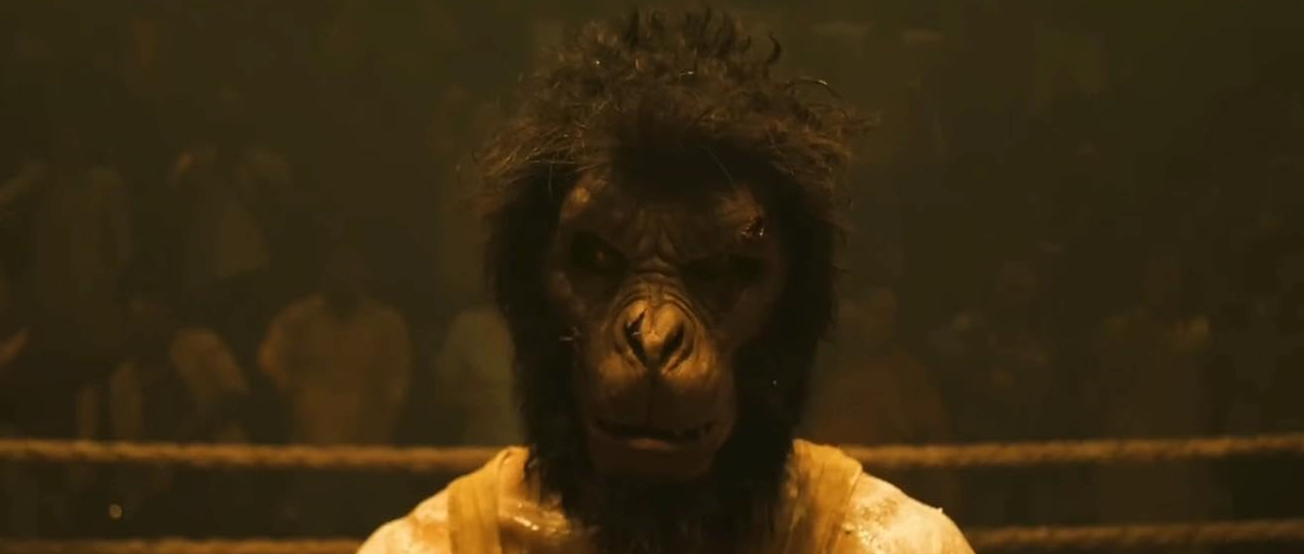By Tilly Long, Third Year, English
Greta Gerwig’s ever growing presence in Hollywood throughout the 2010s has consistently articulated the experience of being a young, broke woman striving for success in today’s climate.
In the first of a couple films she co-wrote with acclaimed director and now husband Noah Baumbach, Mistress America (2015), her character Brooke spits numerous home truths you would be hard pressed to find unrelatable by most 20 something year old girls today. “I think I’m sick, and I don’t know if my ailment has a name. It’s just me sitting and staring at the internet for long periods of time, interspersed by trying to not do that and then lying about what I’ve been doing. And then I’ll get so excited about something that the excitement overwhelms me and I can’t sleep or do anything and I just am in love with everything but can’t figure out how to make myself work in the world.”
Written by the same duo, Frances Ha (2012) follows an earnest but struggling dancer who lives in New York but can’t find work to sustain her whimsical lifestyle. As usual, her and Baumbach’s screenplay is painstakingly honest about the feminine transition from adolescence to adulthood. Frances furiously tells her best friend “don’t treat me like a three-hour brunch friend!” but will also later candidly exclaim “I’m so embarrassed. I’m not a real person yet.”
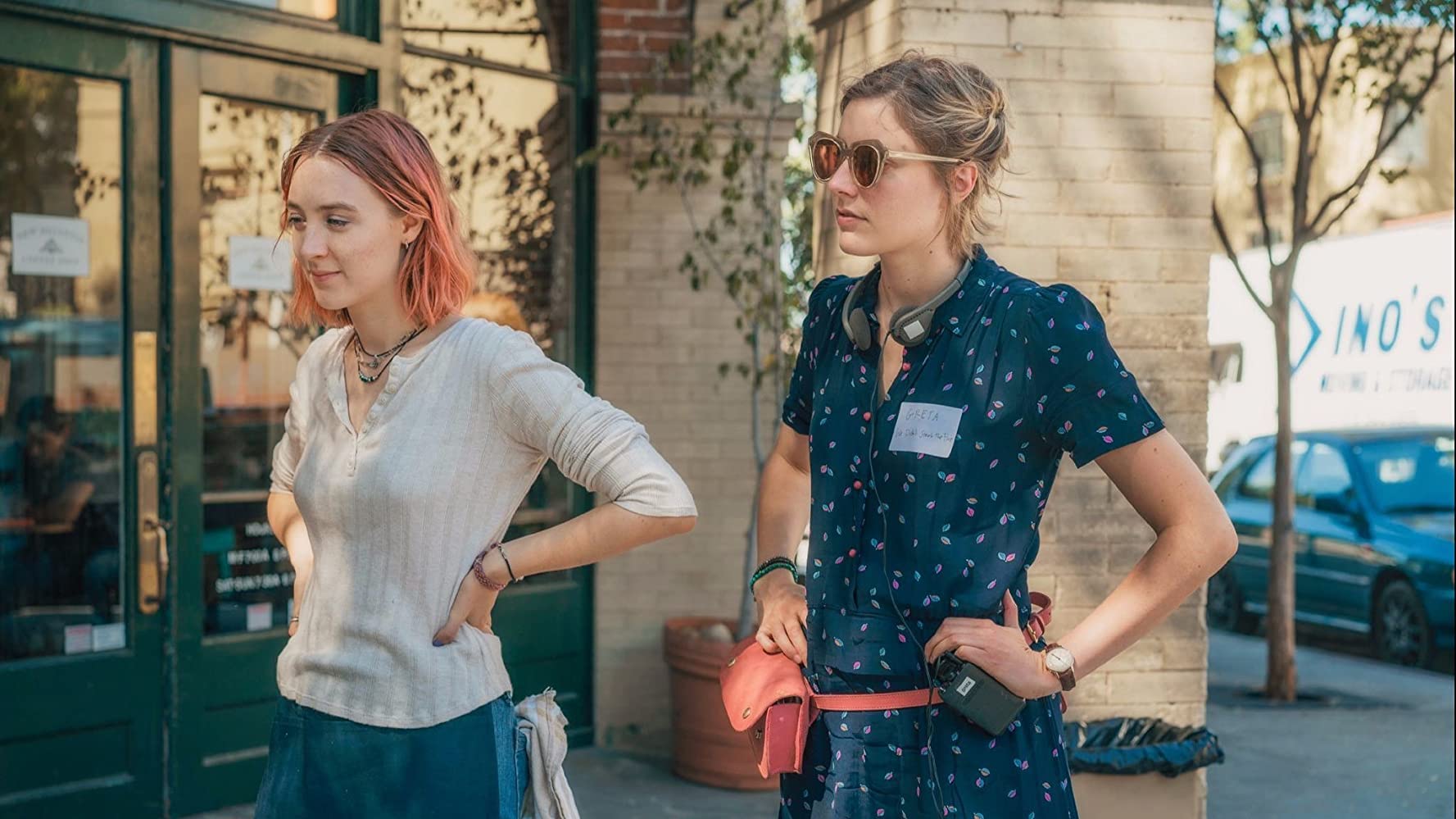
Gerwig’s coming of age comedy-drama Lady Bird (2017) is therefore unsurprisingly the source of copious friendship arguments, debating whose life most accurately resembles the film. Whether it's the strict Catholic secondary school she attends, Sondheim fueled love affair with a closeted theatre kid or dysfunctional maternal relationship, everyone sees a bit of their teenage self in Christine “Lady Bird” McPherson (Saoirse Ronan).
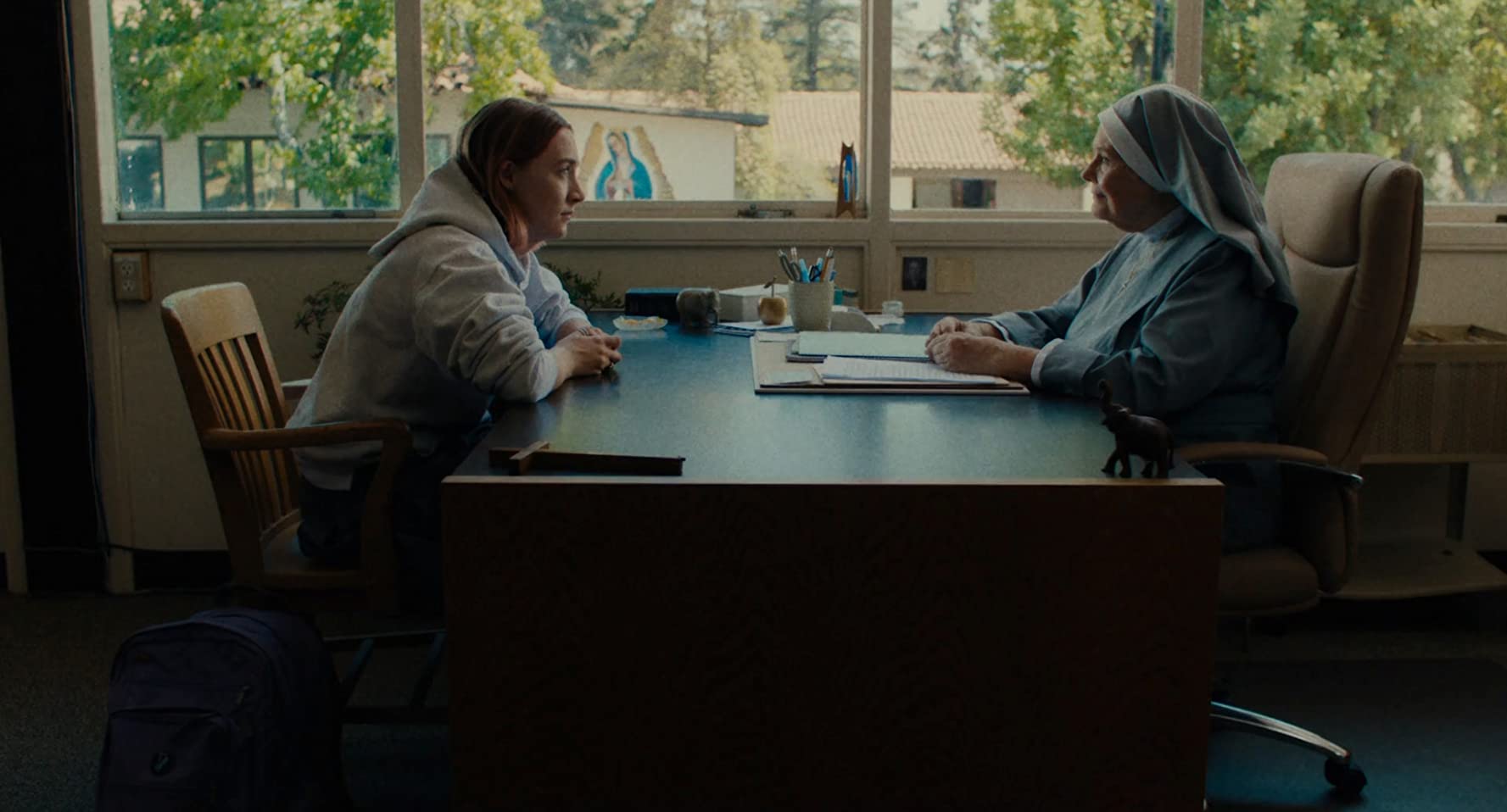
The film is set in 2002 (“the only exciting thing about 2002 is that it’s a palindrome”) and follows Lady Bird’s senior year in California’s capital city. Her very first line underpins an incessantly relatable desire to transcend homeland: “Do you think I look like I’m from Sacramento?” This was not just the protagonist’s childhood lodgings but also Gerwig’s, who has expressed that up until now “Sacramento hasn’t been given its proper due in cinema.” The story is “not autobiographical but deeply personal”. Extensively detailed set decor deliberately evokes memories of her youth, down to a red plate which reads “You Are Special Today” and is used on Lady Bird’s birthday. Whilst this directorial debut is very much a love letter to where Gerwig grew up, the character of Lady Bird talks pejoratively about the city for the entirety of the movie, and secretly hopes to flee to the East Coast: “I want to go where culture is, like New York.”
Frequent clashes with mother Marion (Laurie Metcalf) also capture the finiteness of childhood; Lady Bird will inevitably only focus on what home and family means once she has left them behind. Gerwig’s emphasis on the beautiful yet complex nature of mother-daughter relationships is visualised with careful consideration. She was pleased to discover her leading women are the same height, also giving them the same haircut, so that in the shadows of their arguments they appear as flip sides of the same coin.
The ode to mothers comes in the form of fast paced, tangible dialogue; passive aggressive mentions of “dragging your feet” in a thrift shop are almost immediately interrupted by moments of elation when Marion finds the perfect prom dress for her daughter. Although we meet them at the worst moment of their relationship, every bit of tension is undercut with tenderness, and ultimately derives from fear of change as opposed to hatred.
Love in the film is a baseline; unassuming and unseen, but always palpable. Lady Bird actively distances herself from her family’s financial struggles throughout, cruelly asking her father to drop her off a block away from school so that peers won’t detect him. The proud announcement of her nickname during an audition for the school’s theatre program (“I gave it to myself. It’s given to me by me”) also adds to the notion of alter ego as a means of self-expression. She even tells the cool girl on the block that the biggest blue house in the neighbourhood belongs to her, as opposed to her ex boyfriend’s grandmother’s. When Danny (Lucas Hedges) eventually visits Lady Bird’s real house, he tells her mother incredulously, “[she] always says that she lives on the wrong side of the tracks, but I always thought that that was like a metaphor. But there are actual train tracks!”
The revelation that she “clearly loves” her home, then, comes as an understandable shock, and in the form of a confrontation with a nun at school, who claims Lady Bird writes with affectionate care about Sacramento. “I guess I pay attention,” she responds unconvincingly. Sister Sarah Joan’s next question speaks to the detail Gerwig has carved into her film: “Don’t you think maybe they are the same thing – love and attention?” The profoundness of the characters' interactions with each other is almost stumbled upon; just like Sacramento, it is plain but beautiful.
Featured: IMDb
Is Ladybird your favourite coming of age film?

